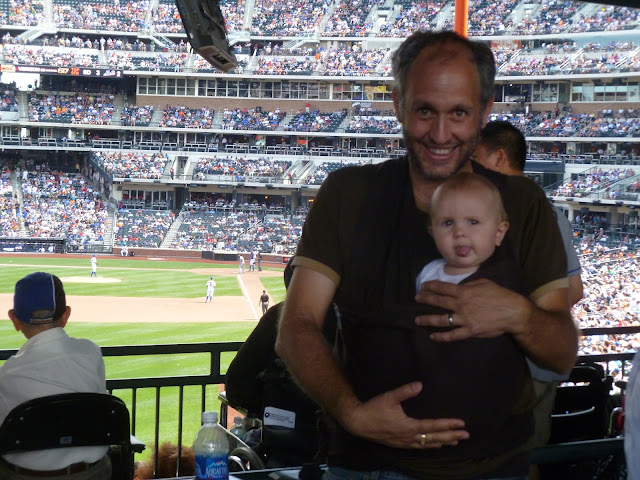Read this article by the author of Timeless Learning a book about changing traditional schools in ways that look remarkably reminiscent of unschooling. The author uses baseball as a metaphor, but... It's all about how we percieve tasks, how we learn, what our expectations might be, and how those expectations might have come to enter our psyches. It's about... well, you'll see.
As an unschooing parent, I frequently don't think about how schools can/should work because the two systems (traditional schooling and unschooling) are portrayed as different, ofthen orthogonal activities. However, two things lay at the base of each of these systems: relationships with kids and learning.
In unschooling there's still material to be presented, even if it's just strewing and/or talking with the kids to mine their own intrests. There are still expectations--even though unschooling tacitly eliminates them--because we're sill human and many of us, including me, grew up in performance-based (ego based? see the article) public schooling systems.
It's nice to get takes from other authors that provide new or at least recent perspectives and nudges on these two integral parts of every day: laying out material and managing expectations.

Comments
Post a Comment
Please leave your comments on this topic: